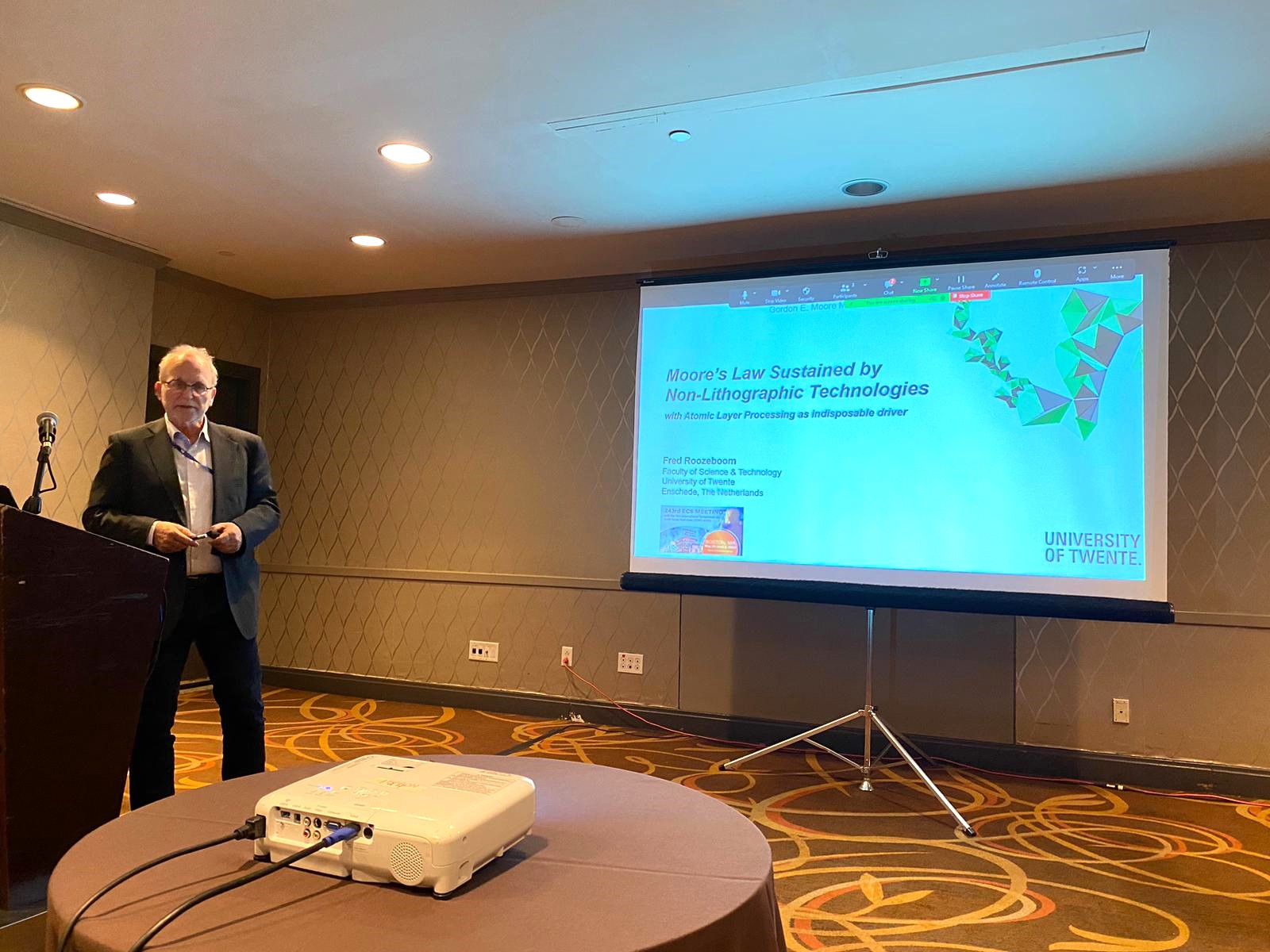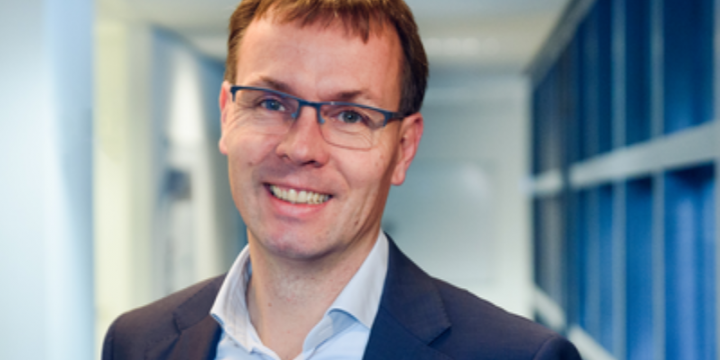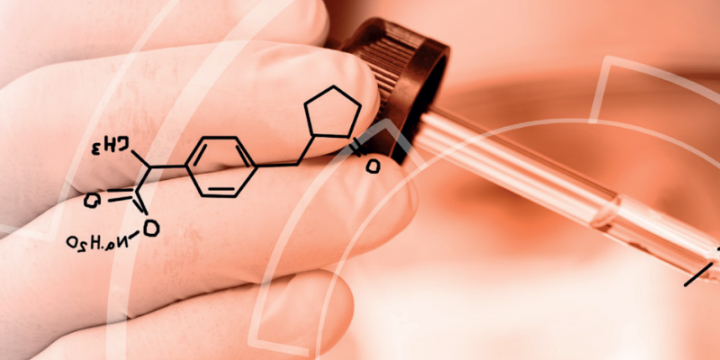Fred Roozeboom, former research fellow at Philips and NXP and now active as emeritus professor at the University of Twente and advisor at start-up Carbyon, has been awarded the Gordon E. Moore Medal. Forty years of semiconductor research has earned Fred Roozeboom a Lifetime Achievement Award from his fellow solid-state technologists at the Electrochemical Society. This prestigious Gordon E. Moore Medal is awarded to individuals who have made outstanding contributions to solid state science and technology. His commitment and impact have now been recognized with this honorable award as the first European ever.
Gordon E. Moore, co-founder of Intel and a pioneer of the semiconductor industry, has attached his name to the medal that carries on his legacy. The medal is awarded every two years to individuals who have made pioneering contributions to solid-state science and advanced technology. During the 243rd ECS Meeting in Boston from May 29 to June 2, 2023, Fred received this medal.
The award is a tribute to lifelong achievements and Roozeboom's career can be summed up in just two words: short pulses. These pulses of often only a few seconds occur in all kinds of process steps within modern chip manufacturing and vary from heat pulses, gas pulses to plasma pulses. His comprehensive career after his PhD in chemical engineering at the University of Twente and a few years afterwards at Exxon in the US, started at Philips Research. He continued his research at NXP, TU/e and TNO, and is still active at the University of Twente and Carbyon. And now the prestigious award. Good reason for an interview. It will be a diptych. In this first part, we ask Fred about a lifetime of working in high tech and his vision for our future.
What has changed? Opportunities and pitfalls
According to Roozeboom, an important trend in the semiconductor industry is the constant use of new materials and the complex three-dimensional structure of chips. Because everything has to become smaller and more efficient and consumer demand is increasing, there is a growing need for chips. The pitfall that comes with this development is the high energy consumption. According to Roozeboom, about 10% of global energy consumption currently goes to semiconductor products in telephones and other information carriers, and this continues to grow. The pursuit of more energy-efficient semiconductors is therefore of great importance.
Another pitfall that Roozeboom points out is the need for more diversity within the technical sector. Although progress is slow, there is still an unequal gender ratio, in which men are overrepresented. Roozeboom applauds the growing influx of women into technology and emphasizes the importance of role models such as Jacquelien Scherpen, who recently won the Prince Friso Ingenieurs Award. He also points to the Marie Curie Fellowship program that encourages women in technology and argues for even more government initiatives to stimulate the labor market.
Vision 2030: make more room for innovation
Roozeboom also gives his vision for 2030. Firstly, he considers sustainability to be a top priority. He also wants more freedom for research within industry and knowledge institutions. “We used to have the 'Friday afternoon experiments' at Philips,” says Roozeboom, “where employees were given the space to carry out their own projects with the sincere support of management. I believe that such freedom and support promotes creativity and innovation.”
Furthermore, Roozeboom emphasizes the importance of stimulating technical interest at a young age, even at primary school. He advocates more cooperation between industry and education, encouraging knowledge and personnel exchanges. Roozeboom takes as an example the fountain in the oldest building of Philips Research, with the inscription 'Panta Rhei' (everything flows in Greek). He thinks there should be more exchange between companies and educational institutions. The sectors need to open up more and stop pigeonholing themselves.
To remain successful in the future, the Netherlands and European partner countries must therefore focus on an early interest in technology among young children and closer cooperation between industry and education, according to Roozeboom. “Freeing up space for research and experimentation, promoting diversity and encouraging sustainability are steps in the right direction.”






